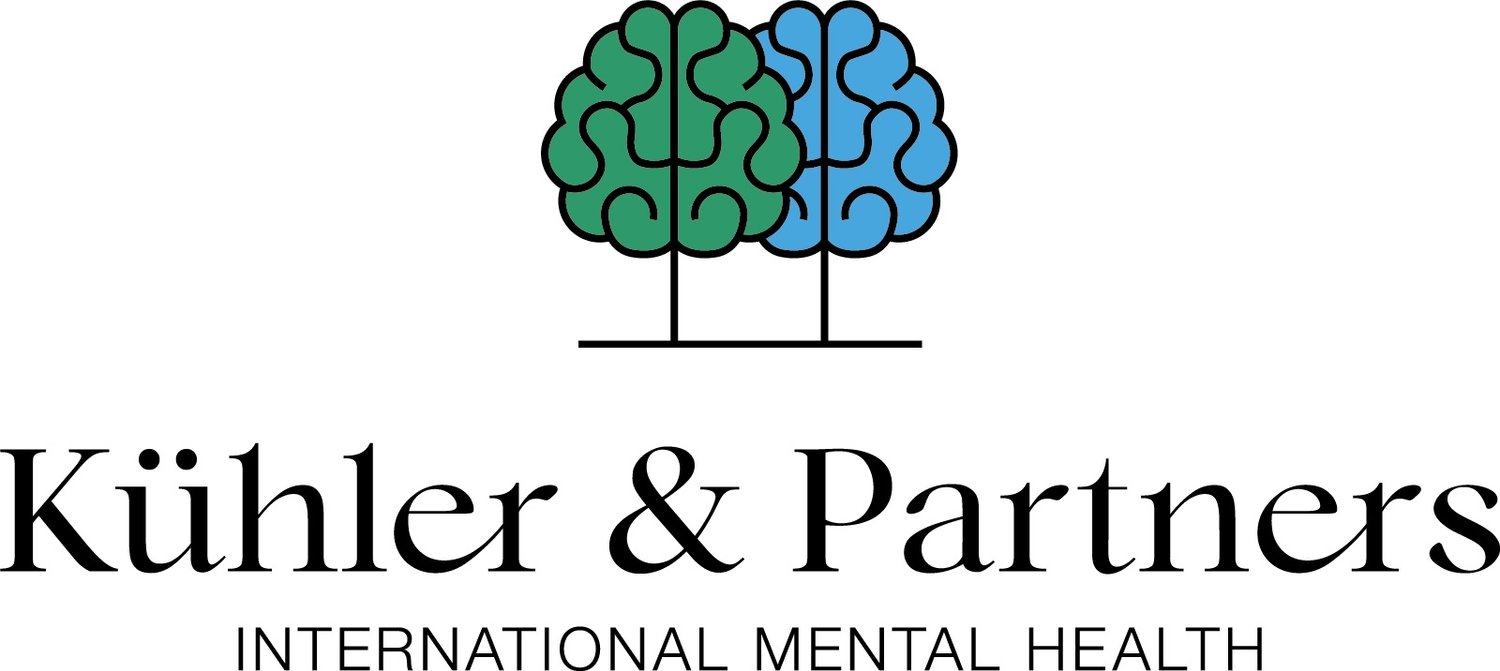1. Mindfulness is not obscure or exotic.
Even though mindfulness sometimes has a reputation of being either very up in the coulds-y or the new hipster trend, it’s actually very down to earth and has been with us for ages. When reading a clear definition (see our last blog), you might realize how simple it really is. It’s familiar to us because it’s what we already do, how we already are. It takes many shapes and goes by many names, but what it comes down to is: we are already here, but we need to be present in order to be mindful.
2. Mindfulness is not a special added thing we do.
We already have the capacity to be present and it doesn’t require us to change who we are. But we can shape and improve these innate qualities with simple, scientifically proved practices to benefit ourselves, our loved ones, our friends, the people we work with and the institutions we take part in.
3. You don’t need to change.
Solutions that ask us to change who we are have failed us over and over again. Mindfulness recognizes and cultivates the best of who we are as human beings.
4. Anyone can do it.
Mindfulness practice is available to anyone and does not require you to change your beliefs. Everyone can benefit and it’s easy to learn.
5. It’s a way of living.
Mindfulness is more than just a practice. It brings awareness and caring into everything we do and it cuts down needless stress. Even a little bit of mindfulness can make our lives better.
6. It’s evidence-based.
Various evidence-based studies have demonstrated the positive benefits of mindfulness to our health, happiness, work and relationships.
7. It sparks innovation.
As we try to deal with our world’s increasing complexity and uncertainty, mindfulness can lead us to effective, resilient and low-cost responses to problems that seem too hard to handle.
Source: www.mindful.org
Kühler & Trooster will organize a new mindfulness group course, starting September 17 2019. More information about the course can be found here.

